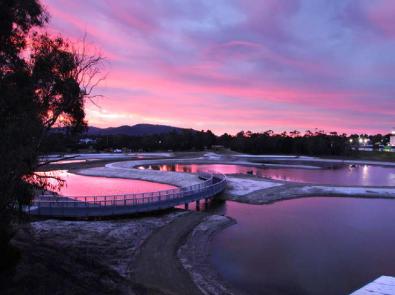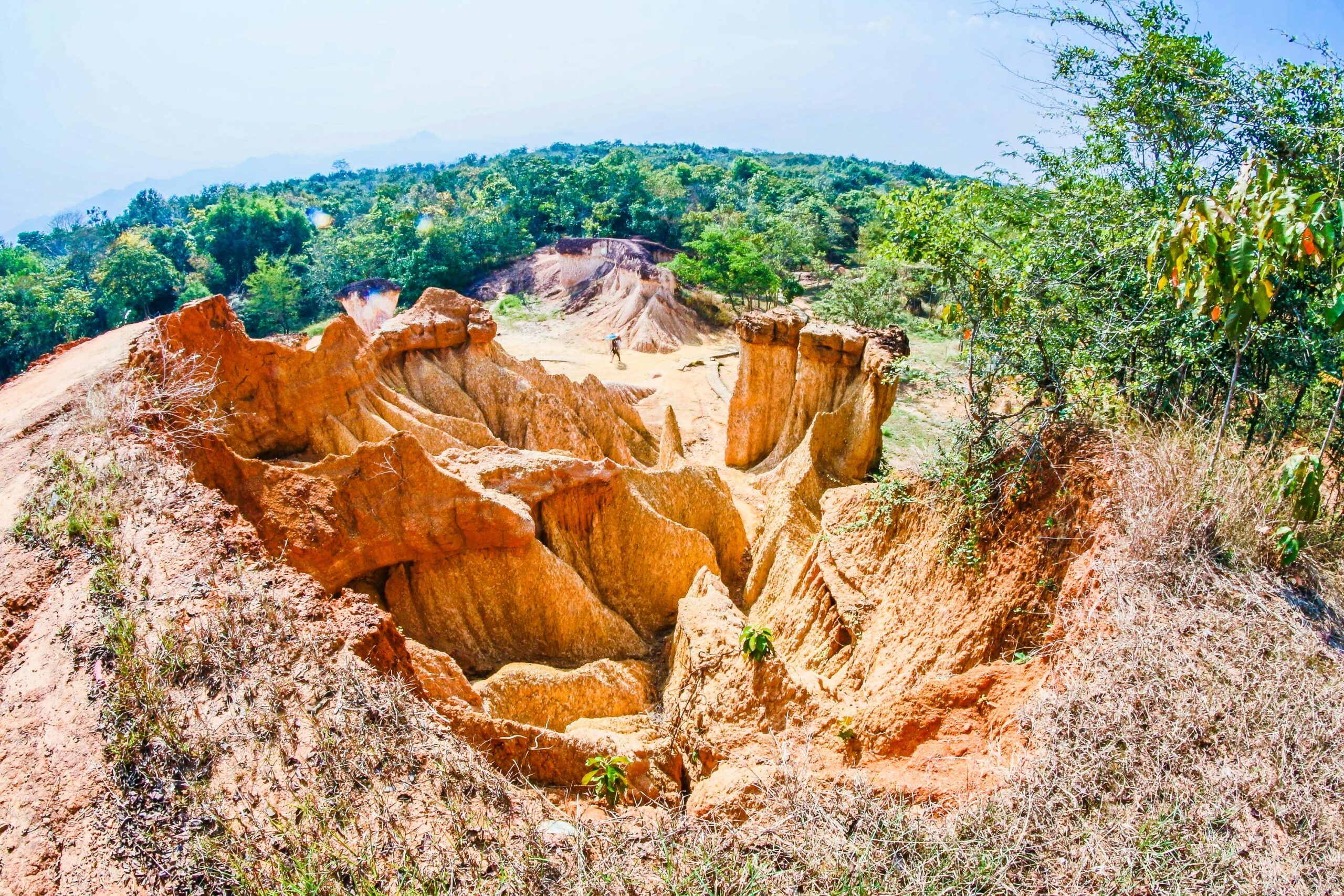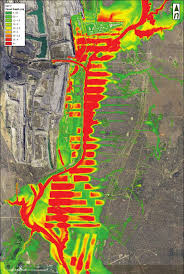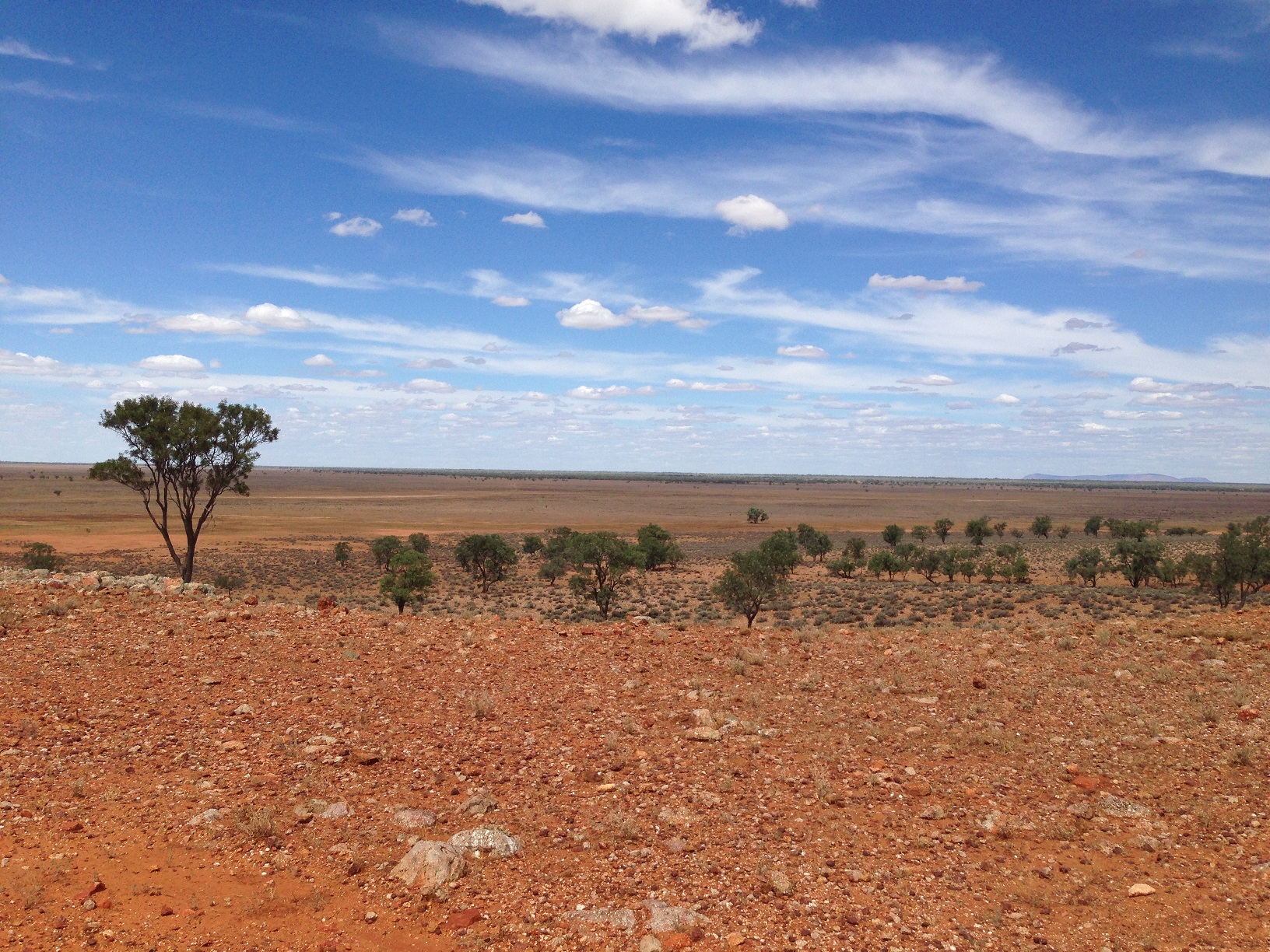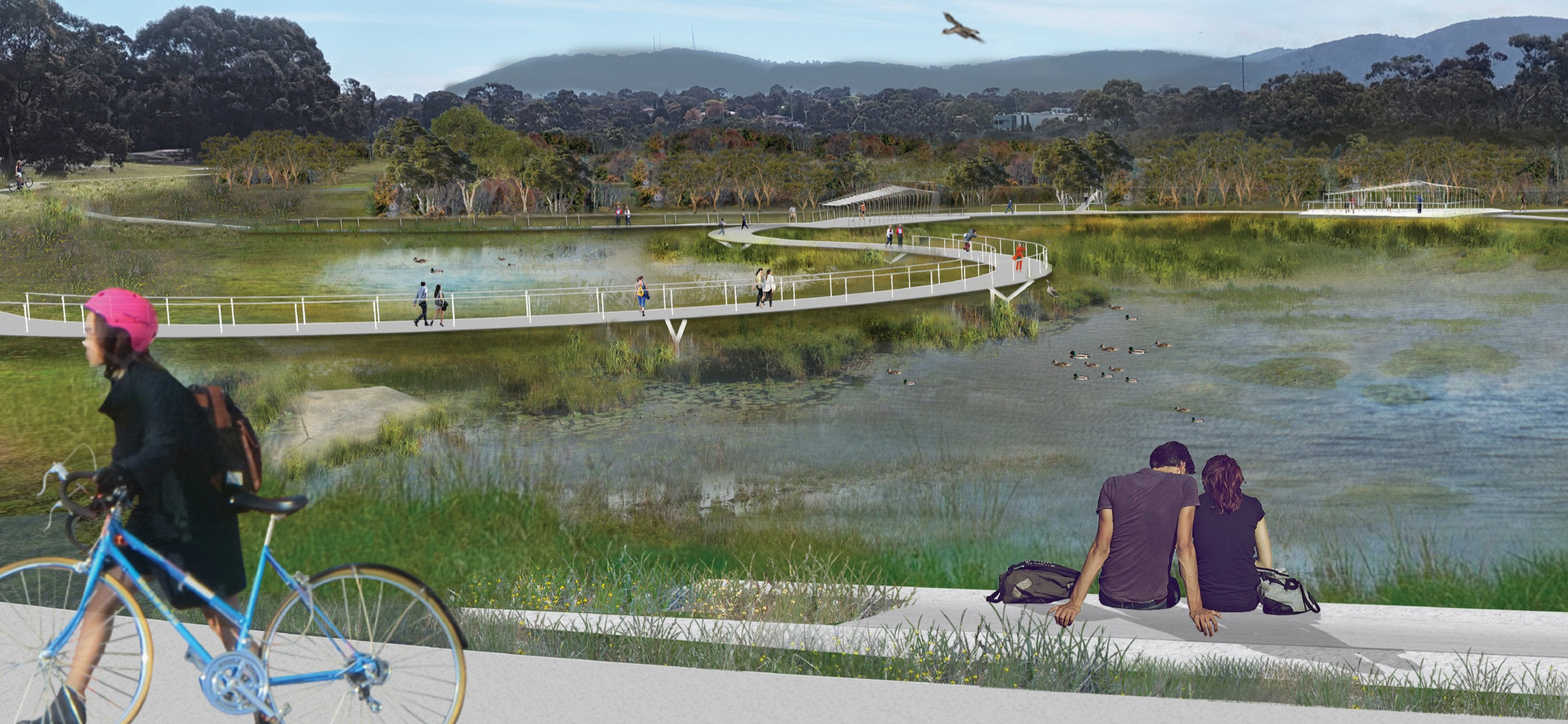Engineered design Solutions
Our engineering solutions focus on the sustainable management of river, estuary and coastal systems and their surrounding landscapes. Our specialists’ expertise spans waterway and coastal erosion, floodplain management, urban stormwater, mine water management, gully erosion, fish passage and instream water regulation structures.
Waterway engineering
Having designed engineering solutions to waterway erosion issues for almost two decades, we are one of the most experienced consultants in the country. Our waterway engineering consultants use sophisticated hydraulic modelling to design pile fields, rock armouring and other intervention techniques to mitigate bank instability and prevent further erosion in vulnerable areas. Our approach combines both scientific understanding and engineering expertise to deliver sustainable solutions.
Coastal engineering
We take a nature-based, systems-thinking approach to coastal engineering, focusing on solutions that work with natural processes rather than against them. Our team has extensive experience delivering projects from concept design through to detailed design of coastal protection measures such as dune stabilisation systems, beach nourishment, revetments and seawalls. We apply advanced numerical modelling to assess both short-term and long-term coastal impacts and shoreline change, allowing us to develop robust designs that work with the dynamic coastal conditions. By combining deep scientific knowledge with practical engineering expertise, we offer clients tailored, cost-effective, and nature-based focused solutions to complex coastal erosion and inundation challenges.
Urban stormwater engineering
Our experience in urban stormwater engineering and the design of urban water systems includes assets that mitigate flooding (detention basins), treat stormwater (wetlands, passively irrigated street trees and bioretention) and convey flows (constructed waterways). Our urban stormwater engineering consultants also naturalise ‘grey’ drainage corridors, reinstating blue and green landscapes with revitalised ecological and hydrologic function. As consultants, our urban stormwater engineers work collaboratively with our ecologists and landscape architects to develop assets that are integrated seamlessly into planned and existing urban communities, delivering a range of social and ecosystem benefits in addition to water management such as urban cooling, habitat and a place for people to connect with nature.
Constructed wetland engineering
Our constructed wetland design consultants take a multidisciplinary engineering approach to constructed wetlands that combines hydraulic, ecological, and geotechnical considerations to create sustainable systems to treat stormwater. Our constructed wetland designs include vegetation selection (native species that are effective at nutrient uptake), hydraulic design (ensuring proper water flow and residence time to allow for filtration and treatment), and substrate composition (designing soil and gravel layers to facilitate filtration and root growth). Well-designed inlet and outlet controls manage water distribution, prevent erosion, and ensure adequate flow through the system.
Waterway channel and diversion design
Alluvium has a 20-year history of repeated annual diversion monitoring, and was instrumental in writing the guidelines for monitoring diversions in Queensland. Our waterway diversion design consultants have a unique skillset and a strong track record in the design and construction of reinstated waterways through backfilled voids. Our experienced engineers and scientists established the hydraulic criteria for stable waterway designs.
Fish passage design
We work across Australia and internationally in the engineering design of fish passage structures, including all types of assets, from rock ramps to vertical slot fishways. Our fish passage and ladder design consultants understand the need to design for both average and extreme conditions, ensuring structures are functional, durable and resilient. Core to our design work is strong collaboration with biologists, ecologists, regulatory agencies, First Nations/Indigenous groups, and community stakeholders.
Gully engineering
We take a holistic approach to gully erosion, and always determine the root causes and extent of erosion, such as water flow patterns, soil type and vegetation cover. Our solutions often involve stabilising the gully with a combination of physical and natural interventions. Our gully engineering consultants always integrate long-term watershed management strategies, like improving drainage, to reduce future erosion risks and enhance the stability of the gully over time.
Instream structures
Instream water regulation structures, such as weirs, dams and diversion channels, play a crucial role in managing water resources by controlling flow rates, enhancing water quality and supporting aquatic habitats. We design instream structures to manage flow in channels and over floodplains to generate ecological outcomes while continuing to provide water for consumption.
Industry leadership
Our engineering consultants are industry leaders who are known for their deep expertise and knowledge in their field. They bring a thorough understanding of industry trends, technologies and best practices.
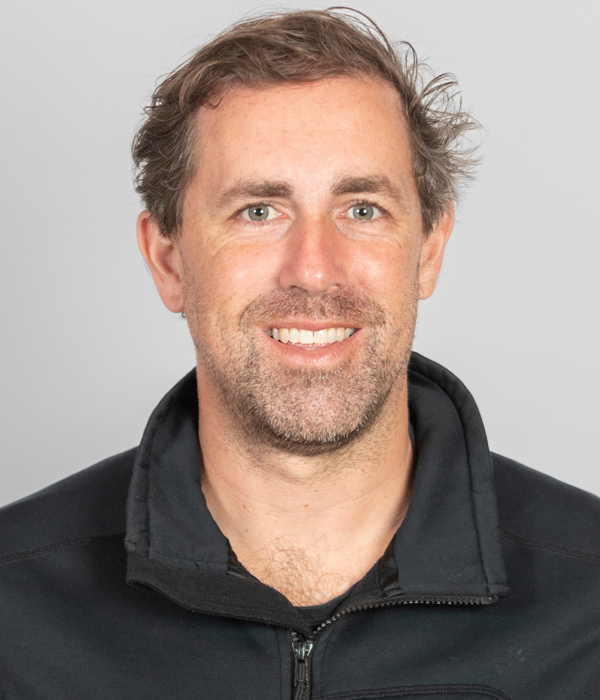
Stuart Cleven
Stuart provides stormwater engineering advice to the natural resource industry on best practice management for stormwater and waterway management works. Drawing on a combined background of urban stormwater management, water sensitive design, ecohydrology and river restoration engineering, Stuart has been involved in development of innovate water management solutions to help offset the impacts of urbanisation on the receiving environment in Australia for over 22 years. <br><br>Stuart has coordinated and designed works for a range of unique urban and rural environments across Australia that contains differing geomorphic conditions, geometric challenges, sensitive ecosystem values and high levels of community and stakeholder engagement.<br><br>As the practice lead for the design and engineering practice at Alluvium, Stuart has been instrumental in the development and application of technical design and quality assurance guidelines, which he has applied to range of urban and rural designs for water authorities, Councils, CMA's and the private development industry. Stuart's in depth of knowledge on multidiscipline engineering and science assessments provides him with a unique set of tools in which he is able to coordinate large teams and derive accurate and efficient results.
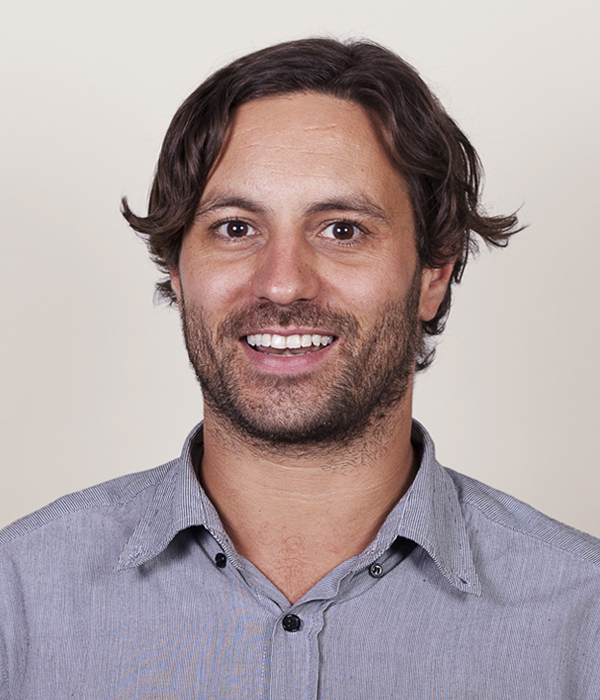
Misko Ivezich
Misko is an environmental engineer with over 15 years of consulting experience specialising in the interactions between hydrology, hydraulics, sediment transport processes and fluvial geomorphology. Following widespread flooding across eastern Australia in recent years Misko has led efforts to understand river adjustments and sediment generation, transport and storage processes for water authorities, local councils, State governments and natural resource management groups. He works with clients to find pragmatic stream and floodplain management solutions which balance risk against cost. He has extensive experience at all stages of waterway planning from leading multi-disciplinary design teams to regularly supervising the construction of major river management programs.
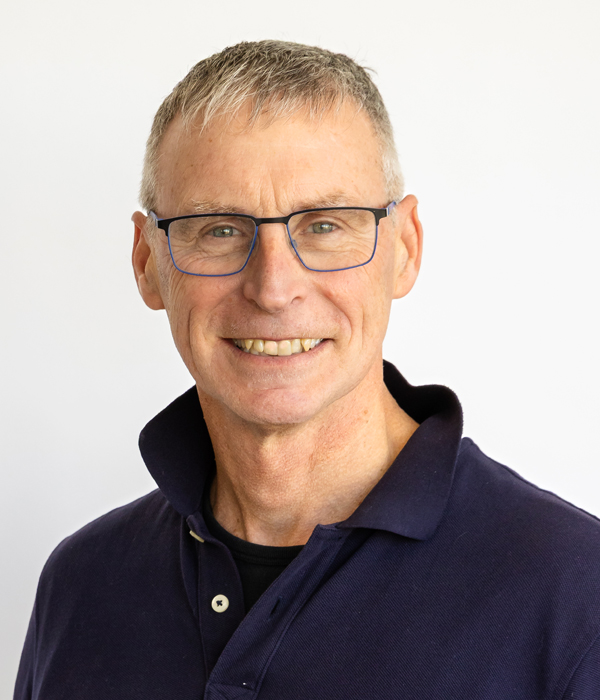
Ross Hardie
Director
Ross is a founder, Director and Past Chair of the Alluvium Group. Ross is a chartered professional engineer and a certified practicing geomorphologist with over 30 years of experience in the environmental water resource and waterway management sectors. Ross’s work has included delivery of environmental water assessments, stream geomorphic investigations, the development and review of waterway management programs and the design of waterway management works across Australia and into south-east Asia. Ross has been called upon to lead stakeholder engagement exercises and provide expert witness statements in these fields.<br><br>Ross is regarded by his peers as a national leader in stream management science and has an innate ability to communicate complex water and waterway processes in layman’s terms.<br><br>Ross is the author of “Technical Guidelines for Waterway Management”, a technical manual on the design and implementation of stream management works for the State Government of Victoria and the author or co-author of the over 25 peer reviewed professional papers in the field of stream and floodplain assessment and design. Papers include the outcomes of industry leading research in areas such as the role of vegetation in reducing flood related channel change, environmental water policy and practice, and stream geomorphic processes.<br><br>Ross has conducted training courses in Tasmania, Victoria, South Australia and Queensland on the application and implementation of the principles of geomorphic channel design. Ross founded and continues to lecture at Wise Waterways an annual five day stream restoration workshop held in Beechworth Victoria. In the post workshop feedback from one stream management course, one participant described the training as ‘the best course I have ever attended’.<br><br>Ross is an inaugural fellow of the Peter Cullen Water and Environment Trust Leadership Program and was Chair of the organising committee for the 6th and 7th Australian Stream Management Conferences.
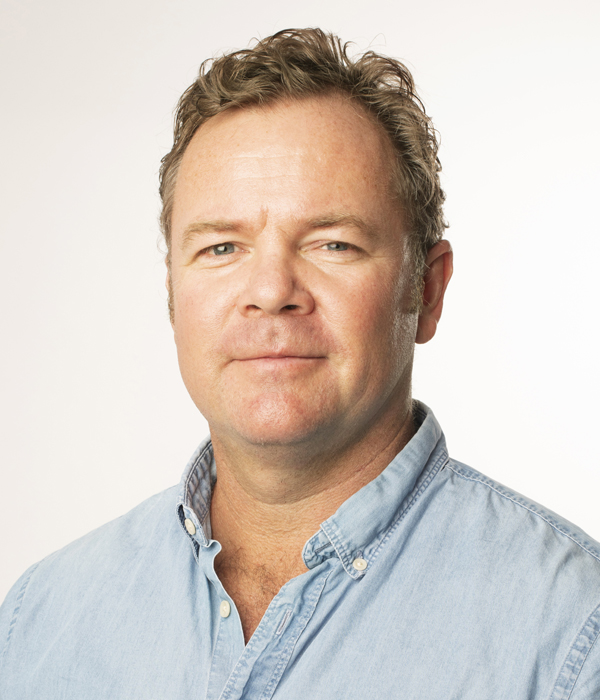
Rohan Lucas
Director
Rohan is a geomorphologist and environmental engineer with 30 years experience largely focussed around driving continuous practice improvement in the management of our waterways through system understanding. This work has been across diverse climates, terrains and client sectors in Australia and the Asia-Pacific.<br><br>Rohan has extensive had extensive involvement in the planning and implementation of catchment and watercourse management programs for government and non-government agencies across much of Australia.<br>Rohan plays an industry leading role for Alluvium in the mining sector in managing surface water systems. This includes roles in practice and research, substantially in the design, construction oversite and rehabilitation of watercourse diversions. Rohan has also played industry leading roles in developing practice guidance around impacts of mining subsidence on waterways and management response. Much of this work has been included in government guidance to the mining industry in Queensland.<br><br>Rohan also plays an industry leading role in the geomorphic assessment of infrastructure projects such as gas pipelines and water resource developments. Assessing the impact the projects could have to the riverine environment and risks posed to the project by the riverine environment.<br><br>Rohan is a founder and director of the Alluvium Group.
More Alluvium Consulting capabilities
Waterway and wetland management
Applied fluvial geomorphology, aquatic ecology and river engineering expertise for waterway management.
Water and catchment policy
Evidence-based advice in policy, governance, and regulatory frameworks for water resources.
Climate adaptation and resilience
Risk assessments, planning and designing for disaster recovery, nature-based solutions, and adaptation and resilience in a changing climate.
Evaluation and audit
Approaches for systematic and objective assessment of environmental programs.
Catchment hydrology and flood modelling
Modelling, data science, and remote sensing to inform hydrological and hydraulic assessments at scales ranging from hillslopes to large river systems.
Urban water systems
Integrated water management, water-sensitive urban design (WSUD), and nature-based solutions.
Coastal management
Specialist assessment of physical processes, engineering, and planning for coastal adaptation and resilience.
Environmental strategy
Delivering environmental flows, plans and strategy development leveraging technical expertise and collaborative engagement experience.
